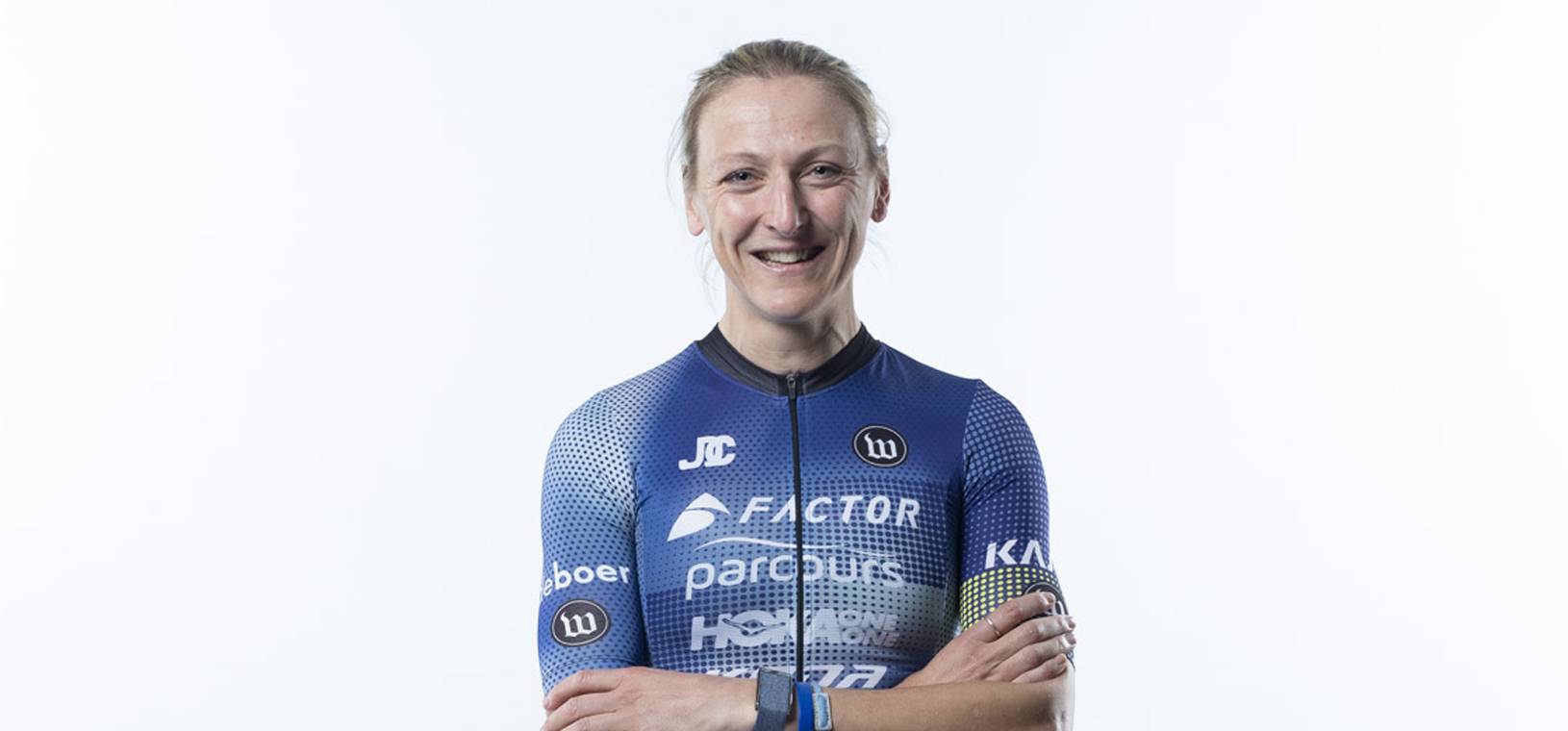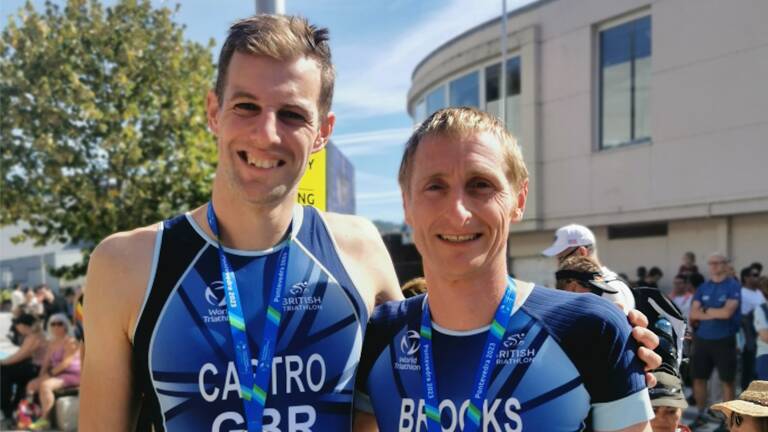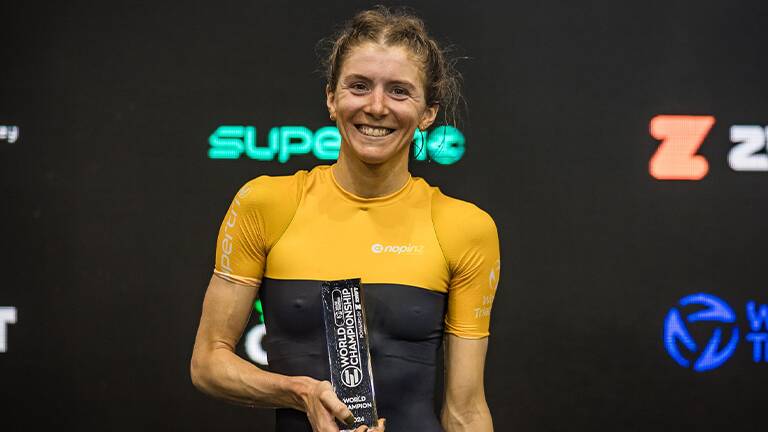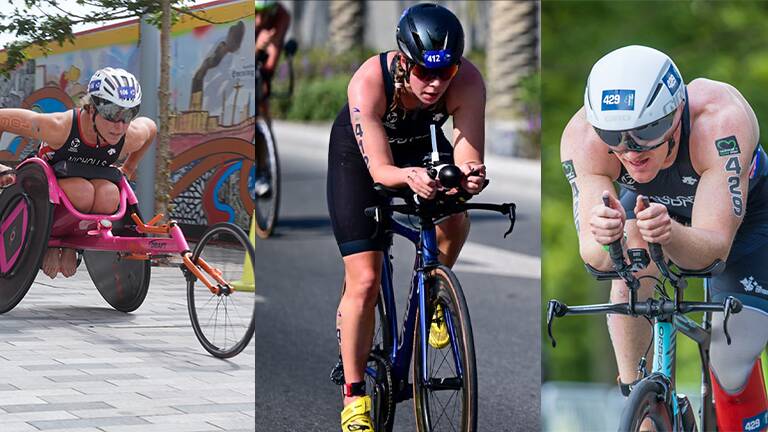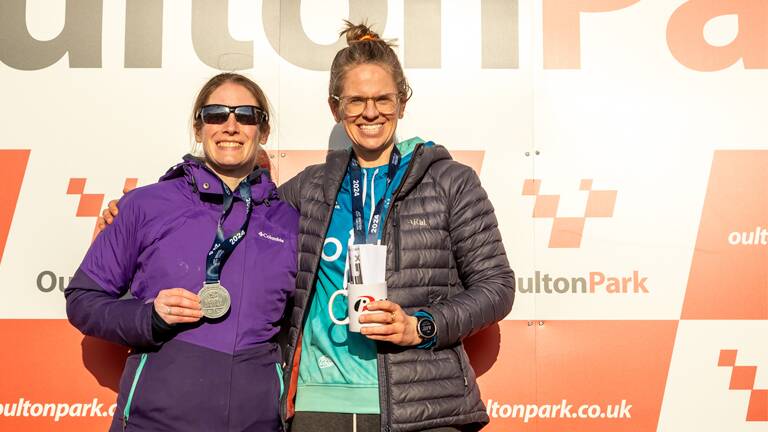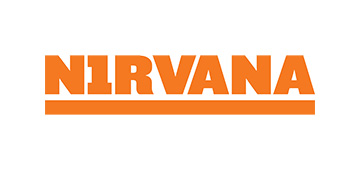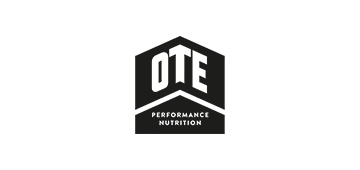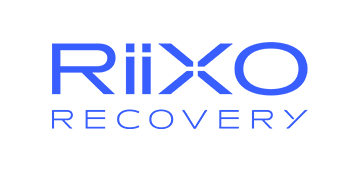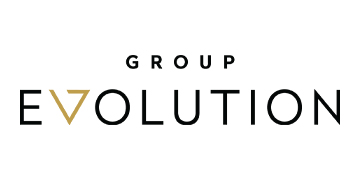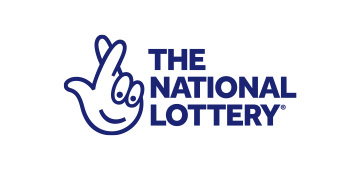Laura Siddall is a serial winner in long course triathlon and is also someone who places high importance on sustainability, providing an athlete voice on the British Triathlon Sustainability Commission.
The commission was formed in 2021 to work towards providing triathlon with a sustainability action plan. Recruited to it alongside Siddall were academics, business leaders and individuals from the world of swim, bike, run who could all bring their expertise and insight to help map out how the sport can have a positive impact on sustainability.
“You see more and more races are affected by weather,” Siddall commented. “Whether they’re cancelled, whether they’re shortened, I think that just flags the changes in climate.
“Clean environments allow us to race. They allow us to still be racing outside in the real world and not in the virtual world. If we’re protecting the waters where we swim and where we bike and run, that’s super important.”
For Siddall however, environmental sustainability is one part of her passion, with sustainability of kit and its use also forming a big part of her outlook as an athlete.
“For me as an athlete, I’m lucky to receive lots of kit and support from companies, but I don’t really have a fixed home so I travel around,” Siddall continued.
“I was finding I had a lot of kit, and shoes specifically, that would get used a couple of times then I’d move on and wouldn’t be able to take them with me so it felt a bit of a waste to not do something with them.
“Soles4Souls collect shoes and kit that are then given a second life. It keeps them out of landfill, some of it goes to disaster relief if there’s a need and, the one that I’m really passionate about, is the shoes go to places like Honduras and Haiti and allow women to start their own business where they can sell shoes to fight poverty and give women empowerment.
“I learned a lot more about the UN 17 Sustainable Development Goals,” Siddall added. “Linked into there is the power of sport and how powerful sport is for mental and physical health. That can help economies and the empowerment of people, it’s huge.”
The UN Sustainable Development Goals are providing an initial framework through which the Sustainability Commission can start to create their action plan. Using the 17 goals, they are identifying the ones which triathlon can play a role in them being achieved and how this impact can be maximised across the sport.
“As professionals we’re fortunate in that we get to travel a lot for races and training, and that’s one of the things I love about the sport is the places I can go to race and train, but obviously I’m very aware of my carbon footprint.
“There are elements of what can I do to try and get a carbon neutral footprint and help that way. I’m a lot more conscious now of, when booking a flight ticket, ticking that box that says ‘do you want to offset’ and adding that extra bit of money. I’m starting to be more aware of companies and buying from companies that have a sustainable drive.
“As triathletes, there’s a lot of kit involved in the sport and you come away with a million race t-shirts and they’re great for accomplishment along with medals and towels, but I also think it’s a sport that uses the environment and we are reliant on the environment to do what we love, so if we as a sport don’t start leading the way and show how you can have a great event that’s sustainable and carbon neutral or even just educating others that it is possible.”
The aim of the commission is to provide the triathlon sector with an action plan to being sustainable. The plan will be a product of research and consultation through the swim, bike, run community to identify areas of opportunity and areas for improvement to ensure that the sport is promoting a sustainable culture.
“We all have a responsibility,” Siddall concludes. “I think you can make a difference, even if it’s small, because all those differences add up.
“In performance we talk about the one per cent, the minute detail and it’s all tiny increments that add up. I think it’s the same in not using single-use plastics or cutting down on car use, if we all started doing those things they would make a difference.
“Asking companies, events, organisations what they’re doing about sustainability, just to start conversations that can lead to actions.”

